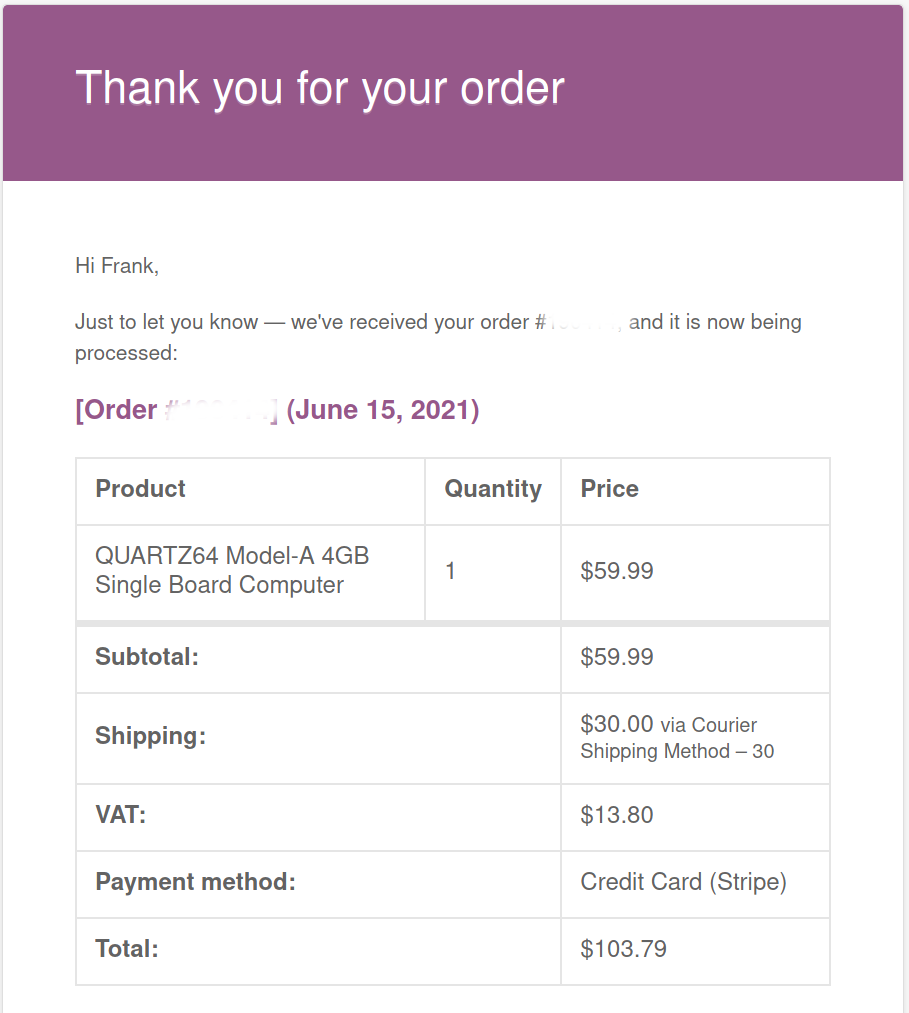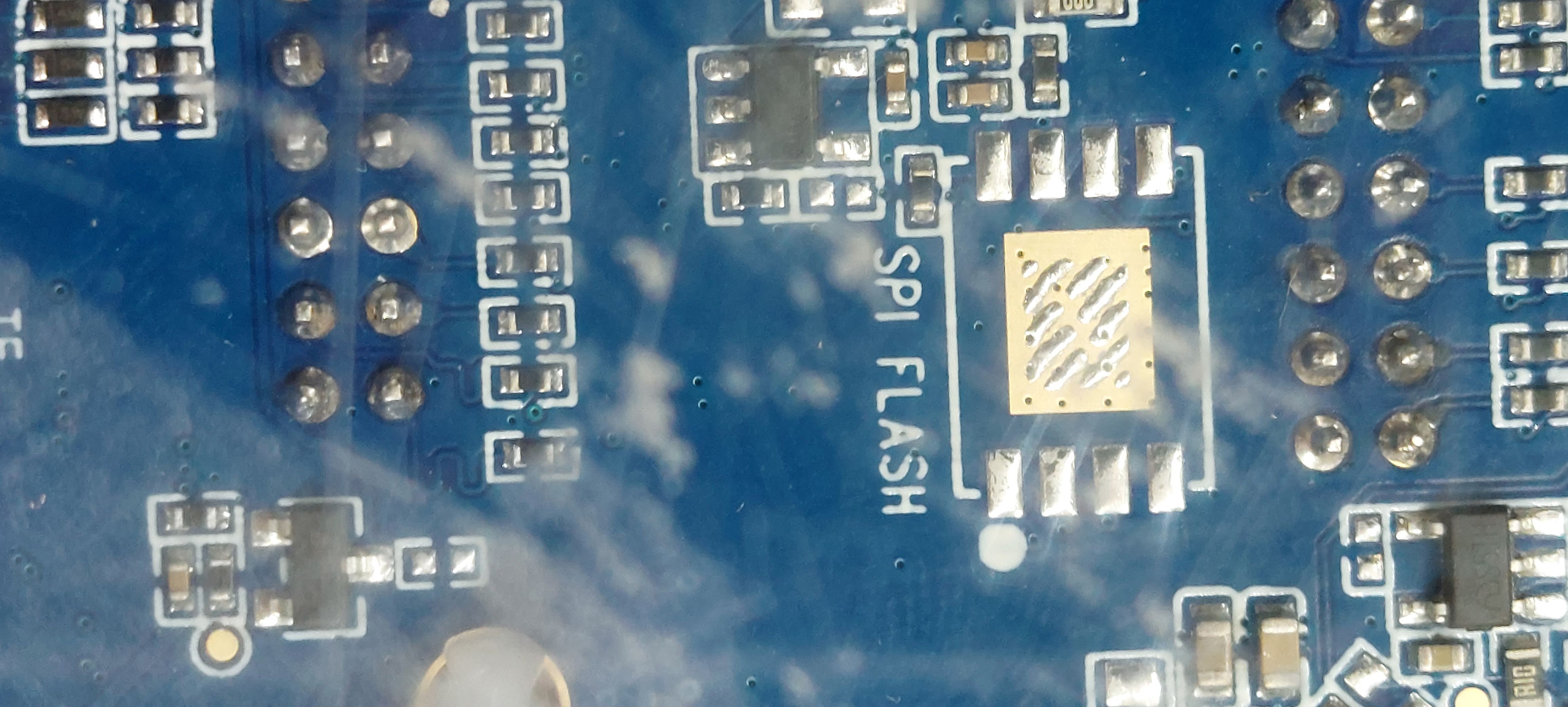Quartz64 - Modell A lieferbar
-
Und seit heute kann man bestellen.

Man kann die 4GB oder die 8GB-Version bestellen. Ich habe mich für die 4GB-Version entschieden.
Hier noch was Wichtiges, Aus dem Pine64-Shop.
IMPORTANT NOTICE
The Quart64 SBC still in early development stage, only suitable for developers and advanced users wishing to contribute to early software development. Both mainline and Rockchip’s BSP fork of Linux have already been booted on the platform and development is proceeding quickly, but it will be
months before end-users and industry partners can reliably deploy it. If you need a single board computer for a private or industrial application today, we encourage you to choose a different board from our existing lineup or wait a few months until Quartz64 software reaches a sufficient
degree of maturity.Also, bitte nicht bestellen wenn ihr was braucht, das läuft. Dann bestellt besser den ROCKPro64

Quelle: https://pine64.com/product-category/quartz64/?v=0446c16e2e66
-
Ich hatte mich schon gewundert...
We would like to inform you order XXXXXX will be shipped from China there is no VAT prepaid available. When we preparing Quart64 for listing, we missed to disable tax and added $13.80 VAT in the transaction. We will refund you the extra charge via Stripe back to your account in 1 week.
-
 F FrankM verschob dieses Thema von Quartz64 am
F FrankM verschob dieses Thema von Quartz64 am
-
 F FrankM verschob dieses Thema von Quartz64 - A am
F FrankM verschob dieses Thema von Quartz64 - A am
-
-
-
-
-
Quartz64 - dts File bearbeiten
Angeheftet Verschoben Quartz64 -
-
Quartz64 - Wireguard
Verschoben Quartz64 -
Quartz64 - Was geht?
Angeheftet Verschoben Quartz64 - A



